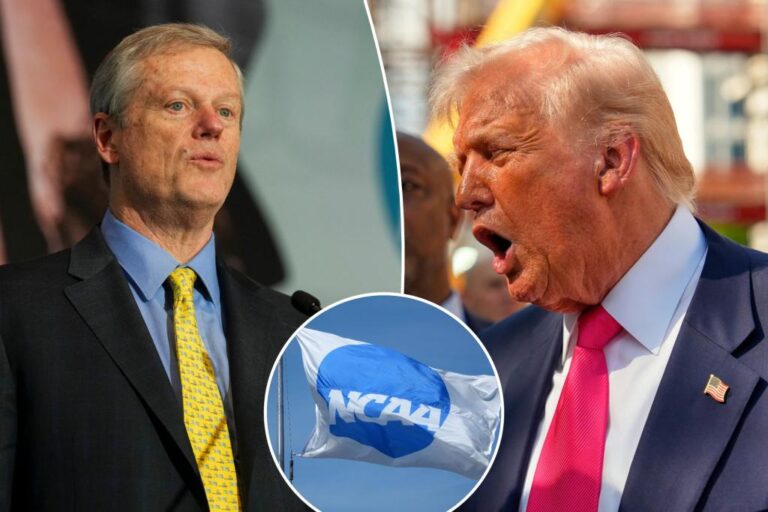Trump Signs Executive Order on College Athletes’ Employment Status
On July 23, 2025, President Donald Trump issued an executive order aimed at clarifying the employment status of college athletes within the NCAA. This move seeks to establish national standards amid the evolving landscape of name, image, and likeness (NIL) rights in collegiate sports.
Key Details of the Executive Order
Federal Clarification Required
Trump directed the Secretary of Labor and the National Labor Relations Board to provide guidance on whether college athletes can be treated as employees of their respective institutions. The order emphasizes the goal of maximizing educational benefits for student-athletes through athletics.
“Absent guardrails to stop the madness…many college sports will soon cease to exist,” Trump stated, emphasizing the need for structured governance in college athletics.
Addressing Competitive Imbalances
The executive order responds to mounting concerns over competitive imbalances in college sports. It acknowledged an "out-of-control" system where university donors engage in bidding wars for top talent, further complicating the traditional amateur status of collegiate athletics.
- Current Issues in College Sports:
- Universities competing financially for athletes.
- Key athletes changing teams frequently.
- A growing lack of control over financial practices in college sports.
Historical Context and Changes in NCAA Regulations
The NCAA has faced significant legal challenges regarding its amateurism model, which has historically prevented athletes from profiting from their fame.
Important Developments
- Supreme Court Ruling: A landmark 9-0 Supreme Court decision prohibited the NCAA from imposing caps on education-related benefits, marking a turning point in collegiate athletics.
- NIL Deals: The NCAA enabled athletes to secure lucrative NIL deals, amidst proposals to reform how athletes are compensated.
The financial landscape in college sports has dramatically shifted, as illustrated by:
- NIL Value: Athletes can now earn millions through sponsorships and partnerships.
- Scholarship Alterations: The new guidelines permit schools to pay athletes significantly, further redistributing power within collegiate sports.
Reactions from College Sports Leaders
The executive order signals increased federal involvement in college athletics. Coaches and athletic leaders have expressed mixed feelings about this intervention.
- Purdue coach Barry Odom remarked, “We’ve gotten to the point where government is involved…it’s going to be around 100 more.”
NCAA’s Position
NCAA President Charlie Baker highlighted the necessity for federal legislation on athlete rights, stating, “The association appreciates the Trump administration’s focus on the life-changing opportunities college sports provides millions of young people.”
Need for National Standards
The order also emphasized the importance of establishing national standards concerning athletes’ NIL rights. Many in the NCAA believe this uniformity is crucial to prevent further legal complications.
Future of College Sports Under the Order
While Trump’s order aims to regulate the chaotic financial landscape of college athletics, there are unresolved issues surrounding the classification of athletes.
- Collective Bargaining: Some coaches have suggested collective bargaining as a solution to the disarray, posing questions about responsibilities and rights in this complex landscape.
Ensuring Opportunities in Non-Revenue Sports
In addition to the primary focus on high-revenue sports like football and basketball, Trump’s order underlines the importance of preserving scholarships and roster spots for non-revenue sports and women’s athletics.
“Opportunities for scholarships and collegiate athletic competition in women’s and non-revenue sports must be preserved and, where possible, expanded,” asserted Trump.
Conclusion
President Trump’s executive order aims to instigate significant changes in the world of college athletics, addressing the urgent need for clearer guidelines and standards. With college sports operating within a rapidly shifting financial environment, the potential for reform and regulation may reshape the future landscape for athletes across the country.
For further updates on NCAA regulations and the evolving financial landscape in college athletics, refer to NCAA.org and follow relevant developments in sports and law.
For detailed information about student-athlete rights and legislation, visit NCAA Legislation.


